In the rapidly evolving world of technology, understanding the differences between hardware and software engineers can be a daunting task. These two fields, while interconnected, focus on different aspects of computing systems. Hardware engineers primarily deal with physical components such as circuits, chips, and systems, while software engineers are concerned with coding, designing, testing, and maintaining the programs that make these devices function.
This article will delve into the nuanced differences between these two roles, their educational requirements, the nature of work, and their respective places in the tech industry. Join us as we unravel the intricacies of hardware and software engineering.
What Is Hardware Engineering?
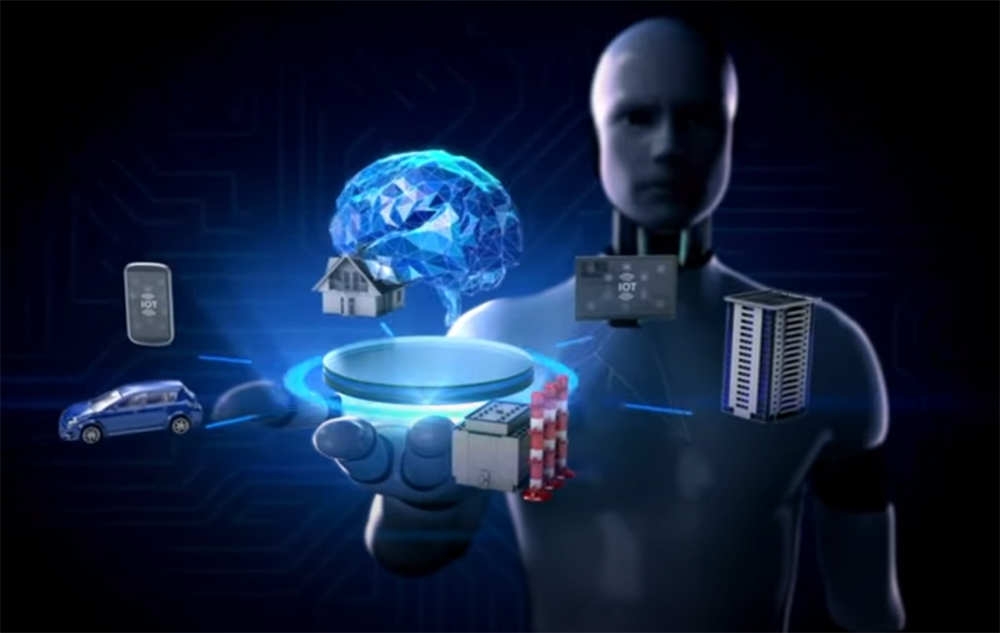
Hardware engineers work to create the physical infrastructure that enables computers, smartphones, embedded systems, and other electronic devices to function.
Here are some key aspects of hardware engineering:
Design: Hardware engineers are responsible for designing the physical components of electronic devices. This involves creating schematics, layouts, and specifications for components like CPUs, GPUs, motherboards, and more.
Development: Hardware engineers are involved in the actual development and manufacturing of hardware components. They work with materials, fabrication processes, and assembly methods to create the physical devices.
Testing and Validation: Hardware engineers conduct rigorous testing and validation of hardware components and systems to ensure they meet performance, reliability, and safety standards. This includes stress testing, compatibility testing, and other assessments.
Integration: Hardware engineers ensure that different hardware components work seamlessly together in a system. They are responsible for integrating components like processors, memory, storage, and input/output devices.
Optimization: Hardware engineers strive to optimize the performance and efficiency of hardware systems. This may involve reducing power consumption, increasing processing speed, or enhancing other performance metrics.
Prototyping: Prototyping is an important aspect of hardware engineering, where engineers create early versions of a hardware design to test and refine the concept before full-scale production.
Documentation: Detailed documentation is crucial in hardware engineering to ensure that the design, development, and manufacturing processes are well-documented for future reference and troubleshooting.
Compliance and Regulations: Hardware engineers must be aware of and adhere to industry and government regulations and standards to ensure the safety and reliability of their products.
Hardware engineering is a critical field that underpins the development of electronic devices and technology. It often works in conjunction with software engineering to create complete, functional systems. Hardware engineers may work in various industries, including computer manufacturing, telecommunications, aerospace, automotive, and more. The field is continually evolving with advancements in technology and miniaturization, leading to the development of smaller, more powerful, and energy-efficient hardware components.
What Is Software Engineering?

Here are some key aspects of software engineering:
Requirements Analysis: Software engineers work closely with stakeholders to understand their needs and requirements. This phase involves gathering, documenting, and analyzing the functional and non-functional requirements of the software.
Design: In this phase, software engineers create a detailed plan for the software system, including its architecture, data structures, algorithms, and user interfaces. The design phase is crucial for ensuring that the software will meet its objectives and be maintainable.
Coding: Software engineers write the actual code or source code for the software, following the design specifications. This involves using programming languages and development tools to implement the functionality described in the design.
Testing: Thorough testing is a critical part of software engineering. Engineers conduct various types of testing, such as unit testing, integration testing, system testing, and user acceptance testing, to identify and rectify bugs and ensure the software meets its quality and functionality requirements.
Maintenance: After the software is deployed, it requires ongoing maintenance to address issues, implement updates, and adapt to changing requirements. Maintenance may involve fixing bugs, adding new features, or optimizing performance.
Quality Assurance: Software engineers focus on ensuring that the software is reliable, secure, and efficient. Quality assurance practices, including code reviews, automated testing, and adherence to coding standards, play a significant role in this aspect.
Software Development Life Cycle (SDLC): Various software development methodologies, such as Waterfall, Agile, Scrum, and DevOps, guide the software engineering process. Each methodology offers a structured approach to development and project management.
Documentation: Proper documentation is essential for software engineering. It includes creating user manuals, technical documentation, and code comments to help developers and users understand the software.
Version Control: Software engineers use version control systems to manage changes to the source code, allowing multiple developers to collaborate and track the history of code modifications.
Software engineering is a dynamic field that encompasses a wide range of specializations, including application development, web development, mobile app development, database management, and more. It plays a crucial role in the development of software applications for diverse industries, from finance and healthcare to entertainment and transportation. As technology evolves, software engineering continues to adapt to new tools, practices, and methodologies to meet the demands of the digital age.
Hardware Engineer Versus Software Engineer:
Education and Training
1) Hardware Engineers:

- Typically hold bachelor’s degrees in electrical or computer engineering;
- May pursue specialized courses or certifications related to hardware design and testing;
- Often require knowledge of hardware description languages like VHDL or Verilog;
2) Software Engineers:
- Typically hold bachelor’s degrees in computer science, software engineering, or a related field;
- May have a stronger focus on programming and algorithm design;
- Continuously update skills to stay current with rapidly evolving programming languages and technologies [3];
Career Prospects and Opportunities
1) Hardware Engineers:
- Find opportunities in industries like electronics, aerospace, and automotive;
- May work on designing and optimizing computer hardware components;
- Opportunities exist in research and development, quality assurance, and testing;
2) Software Engineers:
- Enjoy a diverse range of career prospects in sectors such as software development, web development, and mobile app development;
- Work on designing and developing software applications, operating systems, and algorithms;
- Roles include software development, testing, and software architecture;
Personality and Preferences
1) Hardware Engineers:
- Tend to have a strong penchant for logical and analytical thinking;
- Enjoy working on physical, tangible components;
- May thrive on solving complex hardware-related challenges;
2) Software Engineers:
- Often have a creative and problem-solving mindset;
- Prefer working with abstract concepts and code;
- Enjoy the challenge of optimizing software performance and user experience;
Scope of Work
1) Hardware Engineers:
- Design and develop physical components like microprocessors, printed circuit boards (PCBs), and integrated circuits (ICs);
- Focus on ensuring the reliability and efficiency of hardware systems;
- Collaborate with cross-functional teams including electrical engineers and PCB designers;
2) Software Engineers:
- Create, design, and maintain software applications, from operating systems to mobile apps;
- Emphasize code development, user interface design, and optimization;
- Collaborate with teams of programmers, designers, and quality assurance specialists;
Work Environment
1) Hardware Engineers:
- Spend time in laboratories and manufacturing environments;
- Work with testing equipment like oscilloscopes and logic analyzers;
- Collaborate with electronic design teams;
2) Software Engineers:
- Typically work in office settings;
- Use computers and development tools like integrated development environments (IDEs);
- Collaborate closely with other software engineers and project managers;
Skills
1) Hardware Engineers:
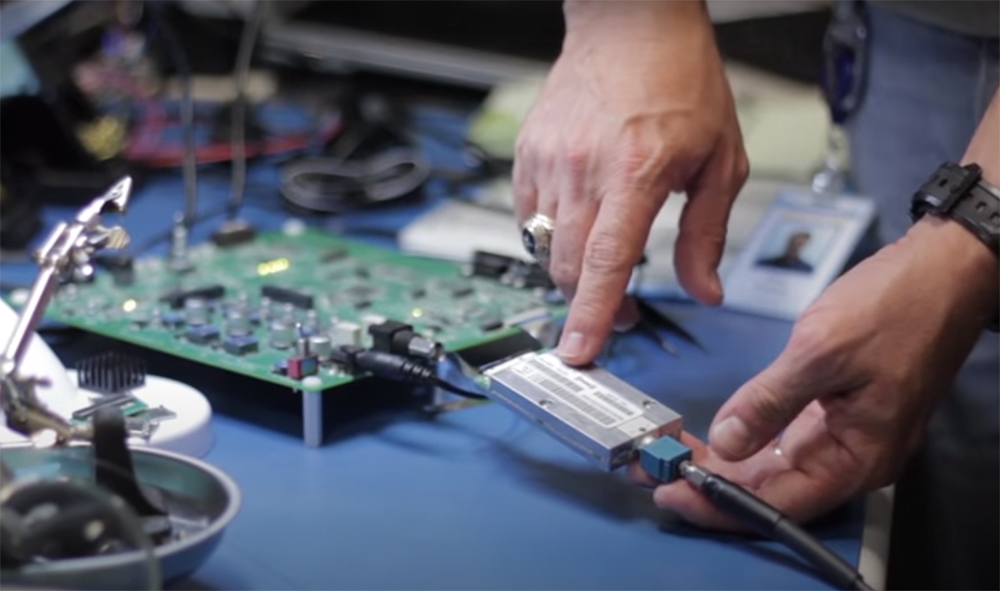
- Proficiency in hardware description languages like VHDL or Verilog;
- Strong knowledge of electronic circuits and components;
- Understanding of hardware testing and debugging [4];
2) Software Engineers:
- Proficiency in programming languages like Java, Python, C++, and more;
- Strong problem-solving and algorithmic skills;
- Ability to work with development frameworks and libraries;
Salary
1) Hardware Engineers:
- Salary can vary based on experience, location, and industry;
2) Software Engineers:
- Salary can vary based on experience, location, and specialization;
Responsibility
1) Hardware Engineers:
- Responsible for the design, development, and testing of hardware components;
- Ensure that hardware systems meet performance and reliability requirements;
2) Software Engineers:
- Responsible for creating, maintaining, and optimizing software applications;
- Focus on writing clean, efficient code and addressing user needs;
Tangibility
1) Hardware Engineers:
- Deal with tangible, physical components and systems;
- Designs and developments directly affect the physical world;
2) Software Engineers:
- Work with intangible code and applications;
- The impact is on digital experiences and software functionality;
Dependency
1) Hardware Engineers:
Software engineers rely on hardware engineers to create compatible and efficient platforms for their software.
2) Software Engineers:
Hardware engineers rely on software engineers to develop firmware, drivers, and user interfaces for their hardware systems.
Programming Languages
1) Hardware Engineers:
- Typically use hardware description languages like VHDL or Verilog;
- May also have skills in programming languages for hardware testing;
2) Software Engineers:
- Use a wide range of programming languages, depending on their specialization and project requirements;
- Common languages include Python, Java, C++, and JavaScript;
Examples
1) Hardware Engineers:
- Designing the microprocessors for the latest smartphones;
- Developing printed circuit boards for automotive control systems;
- Creating custom integrated circuits for specialized industrial equipment;
2) Software Engineers:
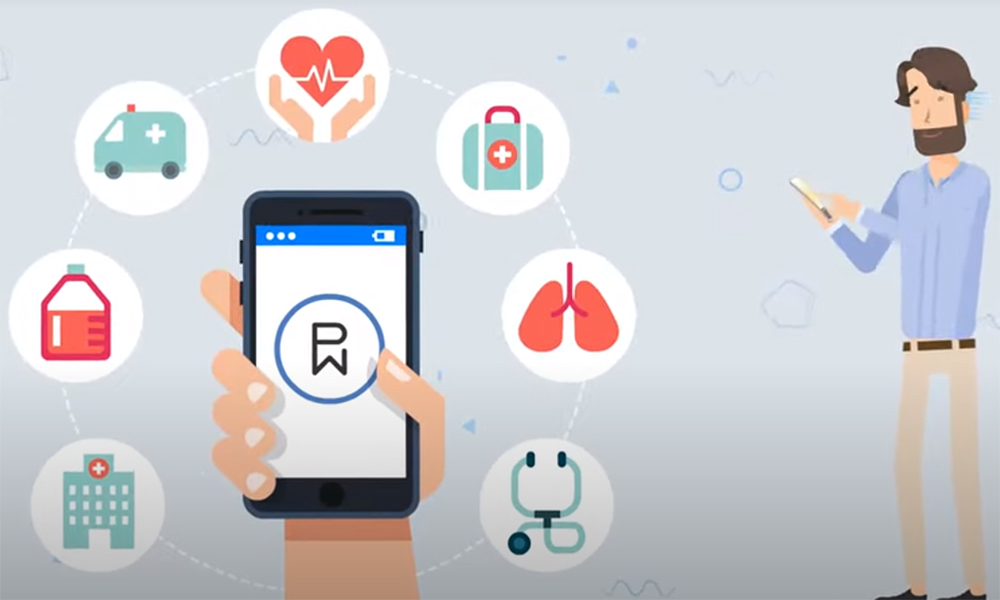
- Developing a mobile app for a healthcare tracking system;
- Designing an operating system for a new gaming console;
- Creating software for autonomous drones for precision agriculture;
Hardware Vs Software – Engineering Toolkit Comparison:
Managing Design and Development Efforts
1) Hardware Engineers:
- Use Computer-Aided Design (CAD) software for schematic and layout design;
- Employ simulation tools to test and optimize circuit designs;
- May use hardware description languages (HDL) like VHDL and Verilog for defining hardware behavior;
2) Software Engineers:
- Rely on integrated development environments (IDEs) for coding and debugging;
- Use version control systems (e.g., Git) to manage code revisions and collaborative development;
- Employ software project management tools (e.g., Jira) for task tracking and team collaboration;
Maintaining Revisions
1) Hardware Engineers:
- Typically use revision control systems for managing design versions;
- Hardware revisions may involve changes to PCB layouts, component selections, or circuit designs;
- A well-documented history of revisions is critical for quality control [5];
2) Software Engineers:
- Utilize version control systems like Git to track code changes;
- Revisions often involve bug fixes, feature enhancements, and code optimizations;
- Thorough documentation of code revisions is essential for codebase integrity;
Design Documentation and Intent
1) Hardware Engineers:
- Create detailed design schematics and layout diagrams using CAD tools;
- Emphasize comprehensive documentation for manufacturing and testing;
- The design intent is captured in design specifications and datasheets;
2) Software Engineers:
- Document software architecture using tools like UML diagrams;
- Focus on clear and concise code comments and API documentation;
- Design intent is often conveyed through detailed software requirements;
Access Control and Sharing
1) Hardware Engineers:
- Control access to design files, restricting access to authorized team members;
- Sharing design files may require secure methods due to proprietary considerations;
- Collaboration involves managing physical hardware components and interfaces;
2) Software Engineers:
- Use access control in version control systems to manage codebase security;
- Sharing code is facilitated through code repositories and collaborative platforms;
- Collaboration is primarily digital and can involve remote teams;
Review Cycles and Conflict Resolution
1) Hardware Engineers:
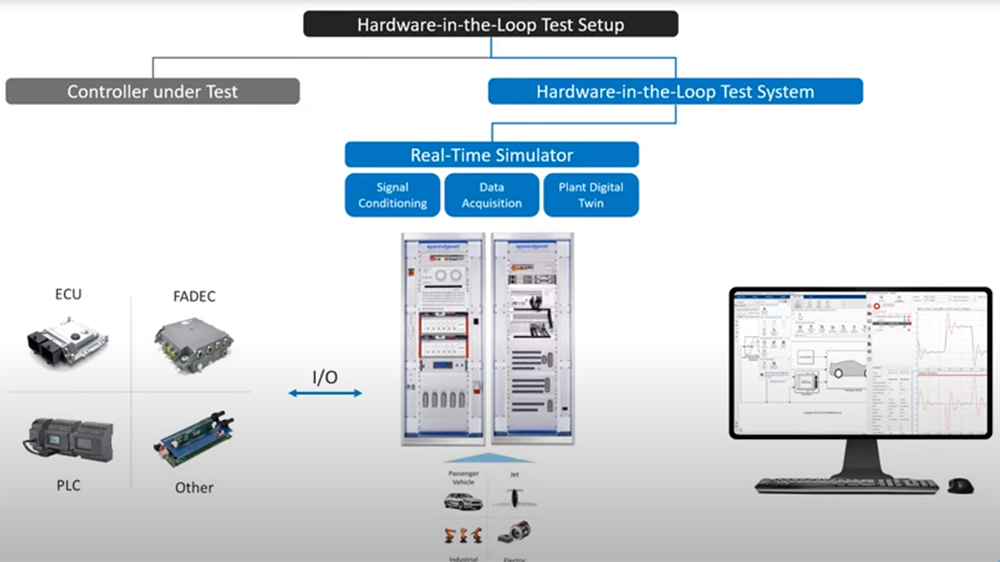
- Conduct physical hardware tests and simulations for validation;
- Conflict resolution often involves resolving physical design or component conflicts;
- Testing may require specialized equipment and lab facilities;
2) Software Engineers:
- Perform code reviews and unit testing to identify bugs and issues;
- Conflict resolution focuses on resolving logical issues within the code;
- Testing is typically performed using software tools and virtual environments;
Planning
1) Hardware Engineers:
- Plan for component sourcing, manufacturing, and physical assembly;
- Extensive consideration is given to supply chain logistics and component availability;
- Physical prototypes and testing may be part of the planning process;
2) Software Engineers:
- Plan software development timelines, sprints, and milestones;
- Emphasis on agile development methodologies and iterative releases;
- Prototyping may involve creating functional software prototypes;
Ownership
1) Hardware Engineers:
- Own the physical components and designs, which may involve patents and intellectual property rights;
- Hardware ownership often extends to the entire product lifecycle;
- Responsibilities include maintenance, revisions, and end-of-life considerations;
2) Software Engineers:
- Own the code and software intellectual property;
- Ownership may extend to updates, maintenance, and integration into other systems;
- The software lifecycle can include updates, patches, and end-of-life decisions [6];
In the realm of engineering, whether hardware or software, the tools and practices employed play a pivotal role in shaping the development process. While each field has its distinct set of tools and methodologies, both hardware and software engineers share the common objective of designing and building reliable, functional, and innovative systems. Understanding these differences in their engineering toolkits can help individuals and teams navigate the unique challenges and opportunities associated with each field.
Careers That Relate To Hardware And Software Engineering
Hardware Engineering Related Careers:
Embedded Systems Engineer: These engineers work on designing and developing embedded systems, which are specialized computing devices integrated into other systems or products. They often work in industries like automotive, medical devices, and IoT.
Electrical Engineer: Electrical engineers focus on the design and development of electrical systems, circuits, and components. They collaborate closely with hardware engineers to create integrated systems.
Network Engineer: Network engineers design, implement, and maintain computer networks. Their role is vital in ensuring data communication and network security.
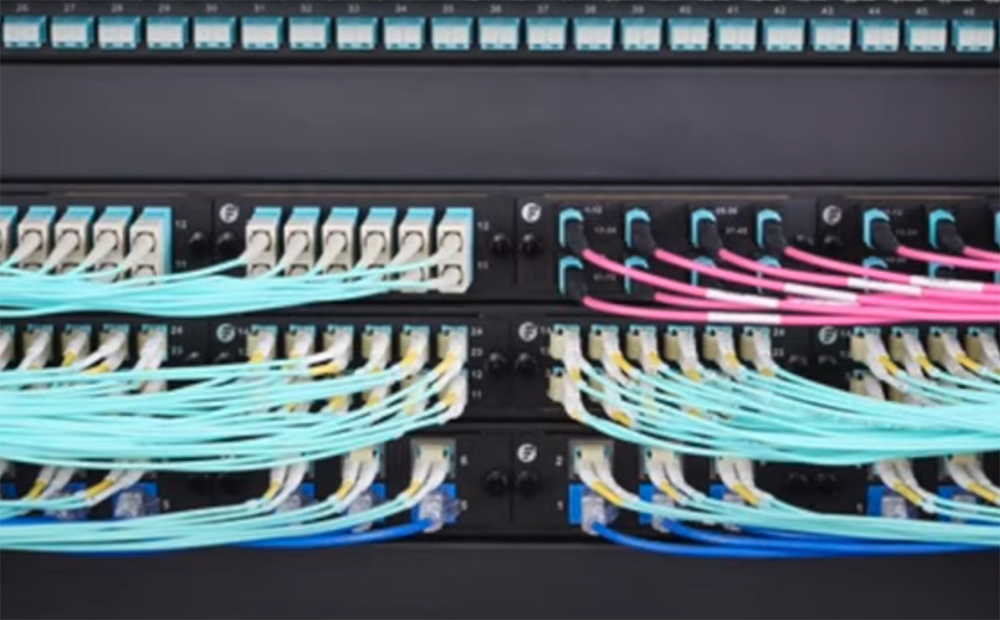
PCB Designer: PCB (Printed Circuit Board) designers create the layouts and designs for circuit boards, a crucial component of electronic devices.
Firmware Engineer: Firmware engineers specialize in developing software that runs on embedded systems, ensuring proper communication between hardware components and software applications.
Hardware Validation Engineer: These professionals are responsible for testing and validating hardware components to ensure they meet performance and quality standards.
Field Application Engineer (FAE): FAEs work with clients to assist them in implementing and troubleshooting hardware components and systems. They act as a bridge between customers and hardware manufacturers.
Quality Assurance Engineer: QA engineers focus on testing and ensuring the quality of hardware components, detecting defects, and ensuring they meet design specifications.
Software Engineering-Related Careers:
Software Developer: Software developers design, create, and maintain software applications. They work across various domains, including web development, mobile app development, and enterprise software development.
Web Developer: Web developers specialize in building and maintaining websites and web applications. They work with programming languages like HTML, CSS, and JavaScript.
Mobile App Developer: Mobile app developers create applications for smartphones and tablets, working with platforms like Android and iOS.
DevOps Engineer: DevOps engineers focus on automating and streamlining the software development and deployment process, bridging the gap between development and IT operations.
Data Scientist: Data scientists use software to analyze and interpret large datasets, deriving valuable insights and predictions from data. They often work with programming languages like Python and R.
Machine Learning Engineer: These engineers build and deploy machine learning models and systems. They work at the intersection of software development and data science.
Game Developer: Game developers create video games, working on the design, programming, and graphics elements of game development.
Cloud Engineer: Cloud engineers design and manage cloud computing infrastructure, working with platforms like Amazon Web Services (AWS), Microsoft Azure, and Google Cloud.
Cybersecurity Analyst: Cybersecurity analysts use software and tools to protect computer systems and networks from cyber threats and attacks [7].
Software Architect: Software architects are responsible for designing high-level software structures, and making crucial decisions about the system’s architecture and components.
Database Administrator: Database administrators manage and maintain databases, ensuring data integrity, performance, and security.
UX/UI Designer: UX (User Experience) and UI (User Interface) designers focus on the design and usability of software applications, ensuring a positive user experience.
How Do You Decide Between Software And Hardware Engineering Careers?
Deciding between a career in software engineering and hardware engineering can be a challenging decision, as both fields offer exciting opportunities and unique challenges. Your choice should depend on your interests, skills, and career goals.
Here are some factors to consider when making this decision:
Personal Interests and Passions:
Consider your personal interests and passions. Do you enjoy working with physical components, circuits, and electronics? If so, hardware engineering may be a good fit. On the other hand, if you are more drawn to writing code, developing software, and solving complex logical problems, software engineering might be your preference.
Educational Background:
Your educational background can influence your choice. If you have a degree in computer science, software engineering may align more with your qualifications. Electrical or computer engineering degrees often lead to hardware engineering roles.
Programming Skills:
Evaluate your programming skills. If you enjoy programming and have strong coding skills, software engineering may be a natural fit. Hardware engineers need a solid understanding of hardware components and may use hardware description languages like VHDL.
Problem-Solving Style:
Consider your problem-solving style. Hardware engineers often deal with physical, real-world problems, while software engineers focus on abstract, logical challenges. Think about which type of problem-solving you find more engaging.

Working Environment:
Reflect on your preferred working environment. Hardware engineers may work in labs and manufacturing facilities, while software engineers typically work in office settings. Remote work is also common in software engineering.
Career Goals and Opportunities:
Research the career opportunities and growth prospects in each field. Consider your long-term goals. Both fields offer promising careers, but job availability and specialization options can vary.
Salary and Compensation:
Compare the salary and compensation prospects. While both fields can be lucrative, software engineers often earn slightly higher median salaries, but this can vary based on factors like location and industry.
Market Trends and Demand:
Look at market trends and demand for specific skills. The technology industry is dynamic, with trends that can impact job opportunities. Consider where you see the most growth and stability in your chosen field.
Flexibility and Diversification:
Think about the flexibility and diversification within each field. Software engineering offers opportunities in various domains like web development, data science, and mobile app development. Hardware engineering roles can vary from PCB design to embedded systems [8].
Interdisciplinary Interests:
Consult Career Professionals:
Consult professionals in both fields and seek advice from mentors or career counselors. They can provide insights based on their experiences and offer guidance.
FAQ:
-
Is software engineering or hardware engineering better?
The choice between software and hardware engineering depends on your interests and skills. Neither is inherently better; they serve different roles in the technology ecosystem. Software engineering focuses on creating and maintaining software applications, while hardware engineering deals with designing, building and optimizing physical components. The “better” option is subjective and varies from person to person.
-
What are 5 differences between hardware and software:
- Hardware is tangible, while software is intangible;
- Hardware engineers work with physical components, while software engineers work with code and programs;
- Hardware development often involves longer production cycles, while software can be quickly updated;
- Hardware requires physical assembly and testing, while software can be tested digitally;
- Hardware engineering often involves a strong focus on electrical and electronics knowledge, whereas software engineering emphasizes coding and programming skills;
-
Do hardware engineers work with software?
Yes, hardware engineers work with software in various ways. They may develop firmware that runs on hardware components, design hardware drivers, or collaborate with software engineers to ensure hardware-software compatibility.
-
Do hardware engineers code?
Hardware engineers typically code, but their coding work is primarily related to firmware development, scripting for testing, or creating hardware description language (HDL) code for programmable devices. It’s not the same as software development but involves writing code for hardware functionality.
-
Is hardware engineering harder than software?
The perceived difficulty of hardware engineering vs. software engineering varies among individuals. Both fields have their unique challenges. Hardware engineering often involves complex electrical and physical design, while software engineering requires abstract thinking and logic. Difficulty depends on one’s aptitude, background, and interests.
-
Who earns more – software or hardware engineer?
On average, software engineers tend to earn slightly higher salaries compared to hardware engineers. However, actual earnings can vary based on factors like experience, location, industry, and demand for specific skills.
-
What do hardware engineers do?
Hardware engineers design, develop, and maintain physical components such as microprocessors, circuit boards, and integrated circuits. They ensure the reliability and efficiency of hardware systems and often work in industries like electronics, automotive, and aerospace.
-
Why is software engineering better?
Software engineering is considered “better” by some due to its versatility, faster development cycles, and often higher earning potential. However, what’s better depends on individual preferences, interests, and career goals.
-
Does a software engineer code?
Yes, software engineers write code to create, maintain, and optimize software applications. Coding is a fundamental aspect of their work.
-
Do software engineers use math?
Yes, software engineers use math, especially for algorithm design, data analysis, and solving complex problems. Math is essential in computer science and software development.
-
Is hardware engineering difficult?
Hardware engineering can be challenging, as it involves complex electrical and physical design. However, its difficulty varies from person to person and depends on individual aptitude and background.
-
What is the best salary for a hardware engineer?
-
What does a hardware engineer do at Apple?
Hardware engineers at Apple work on designing and developing various hardware components for Apple products, such as iPhones, Macs, and iPads. They may be involved in tasks like circuit design, testing, and ensuring that Apple’s hardware meets performance and design standards.
-
Where do hardware engineers get paid the most?
Hardware engineers tend to earn higher salaries in regions with a high cost of living and strong technology sectors. This includes areas like Silicon Valley in California, Seattle, and Boston in the United States.
-
What are the pros and cons of being a computer hardware engineer:
- Pros: High earning potential, working on cutting-edge technology, job stability, potential for innovation;
- Cons: Challenging and sometimes lengthy development cycles, the need for continuous learning, and potential for repetitive tasks;
-
Is a computer hardware engineer in high demand?
The demand for computer hardware engineers can vary based on industry trends and technological advancements. Overall, the field tends to have steady demand, with opportunities in various sectors, including electronics, automotive, and aerospace.
Useful Video: Hardware Engineer vs. Software Engineer
References:
- https://www.indeed.com/career-advice/career-development/hardware-engineering-vs-software-engineering
- https://interestingengineering.com/innovation/the-difference-between-hardware-engineering-vs-software-engineering
- https://www.geeksforgeeks.org/difference-between-computer-hardware-engineer-and-computer-software-engineer/
- https://www.linkedin.com/advice/0/how-do-you-decide-between-software-hardware
- https://www.zdnet.com/education/computers-tech/hardware-vs-software/
- https://www.colabsoftware.com/post/hardware-vs-software
- https://www.computercareers.org/hardware-engineer-vs-software-engineer/
- https://researchpedia.info/difference-between-hardware-engineer-and-software-engineer/





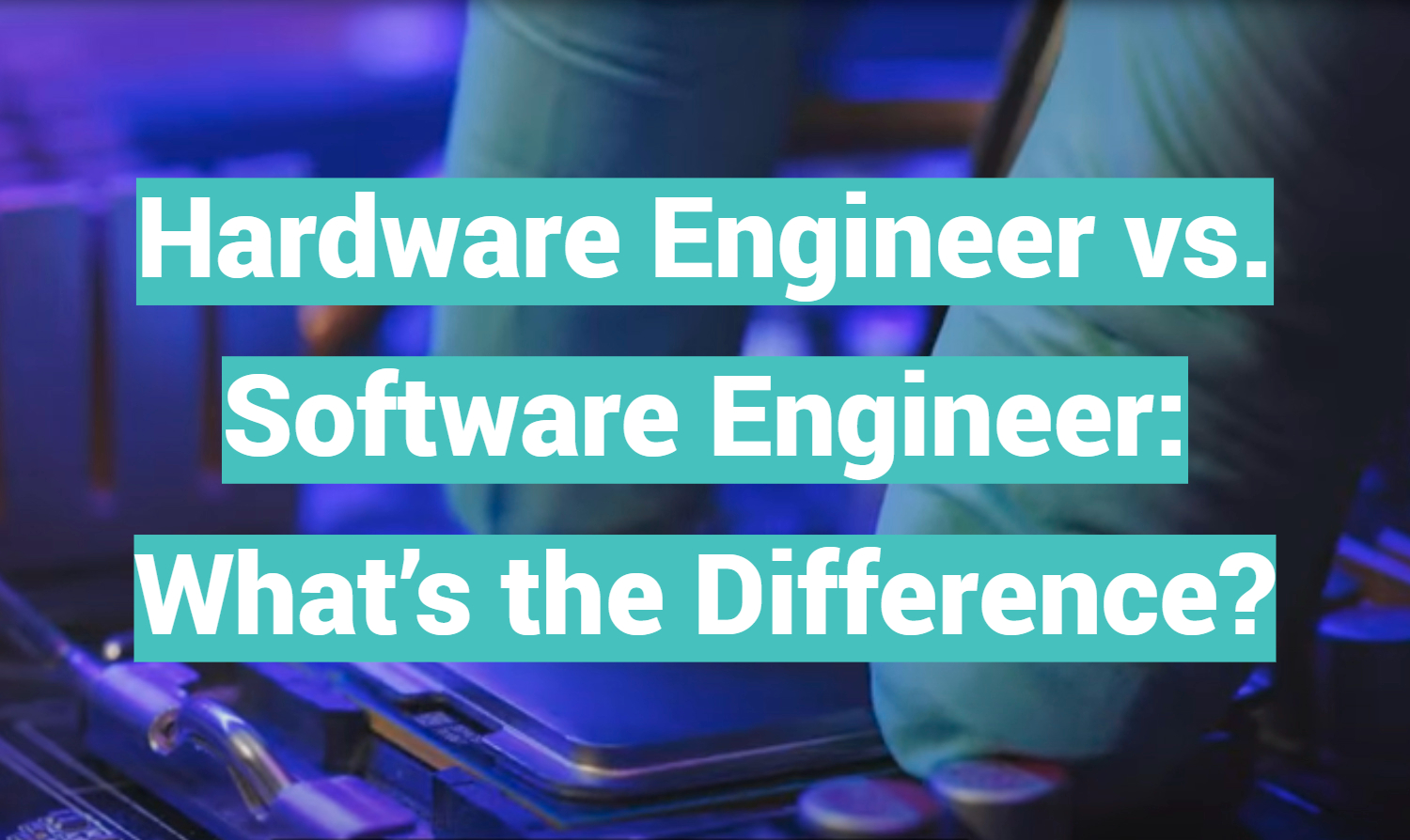

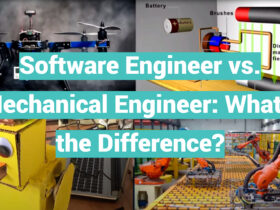

Leave a Review